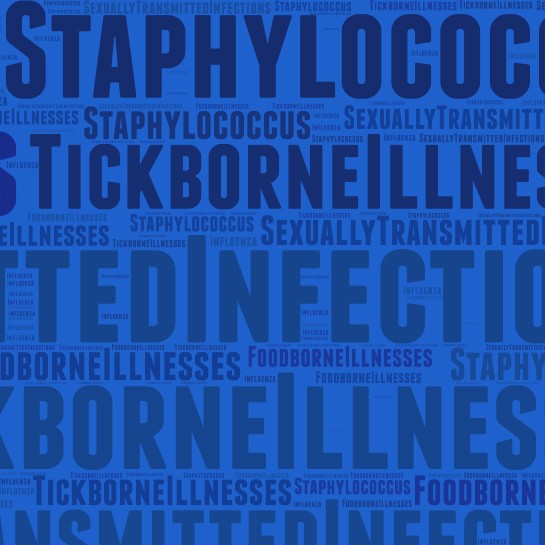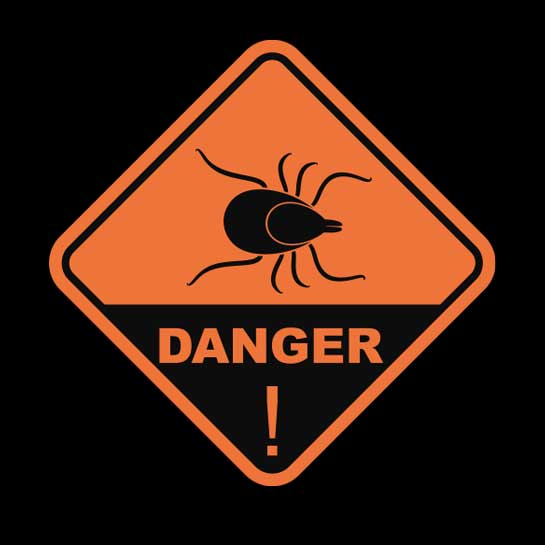Rocky Mountain
Spotted Fever
Rocky Mountain Spotted Fever Treatment
As one of the most serious known tick-borne diseases, Rocky Mountain spotted fever (RMSF) is also one of the rarest, affecting between 4,000 and 6,000 Americans each year. Though it originated in the Rocky Mountains, it can occur wherever ticks can be found, especially in the wooded parts of the tri-state area. That’s why ID Care’s nine locations across New Jersey are equipped to diagnose and treat RMSF, as well as committed to educating our community on ways to recognize and prevent it.
Signs and Symptoms
RMSF occurs when disease-carrying ticks bite a host and spread Rickettsia rickettsii bacteria through the lymphatic system. While these ticks are most active during the summer months, bites can still occur during spring and fall, as well as in places where it’s warm year-round. Depending on the patient, RMSF symptoms can develop anywhere from one week to 14 days after the bite, with some of the initial indicators including:
- High-grade fever
- Chills
- Red, non-itchy, spotted rash that develops on the extremities and spreads outward
- Severe headache
- Muscle soreness
- Nausea and vomiting
- Confusion or other neurological effects
As RMSF progresses, it can cause more severe and life-threatening effects, including kidney failure and inflammation of the brain, heart, or lungs. In the most serious cases, infections may require the amputation of fingers, toes, or limbs, and sometimes even results in death.
Diagnosis and Treatment
Due to its potential severity, this quickly-progressing disease warrants immediate attention. If your doctor suspects that you have RMSF, one or more blood tests will be performed to confirm your diagnosis. The standard blood test for this disease is the indirect immunofluorescence antibody assay for immunoglobulin G (IgG). It’s typically performed twice, with the second test conducted between two and four weeks after the initial test to ensure the diagnosis’ accuracy.
If your results come back positive, your RMSF will likely be treated with doxycycline, the medication of choice across the medical community. This antibiotic is most effective when started within five days of the disease’s development, and it usually results in patients’ fevers subsiding within 24 to 48 hours. However, if damage to the organ system or elsewhere has occurred, it may take longer for the treatment to take effect.
Prevention Strategies
As always, if you feel unwell, be sure to visit ID Care immediately so you can stop the disease from developing in its tracks. However, you can help prevent RMSF from developing in the first place by practicing the following precautions:
- Wearing long clothing that covers your arms and legs, especially when walking in wooded or grassy areas
- Using insect repellants containing an active ingredient called DEET
- Thoroughly checking yourself, family members, and pets for ticks
- Pulling ticks out gently with tweezers if you spot a tick bite and disposing of the tick properly
Trust ID Care
When it comes to RMSF, the sooner you are treated, the better your prognosis is likely to be. If you or a loved one is experiencing worrisome symptoms, visit ID Care right away for immediate attention and care. If RMSF is diagnosed, our knowledgeable infectious disease care team will support you through your treatment, navigate you through insurance paperwork, and schedule follow-up visits to ensure you’re healing properly. For more information, contact us today at 908-281-0221.





